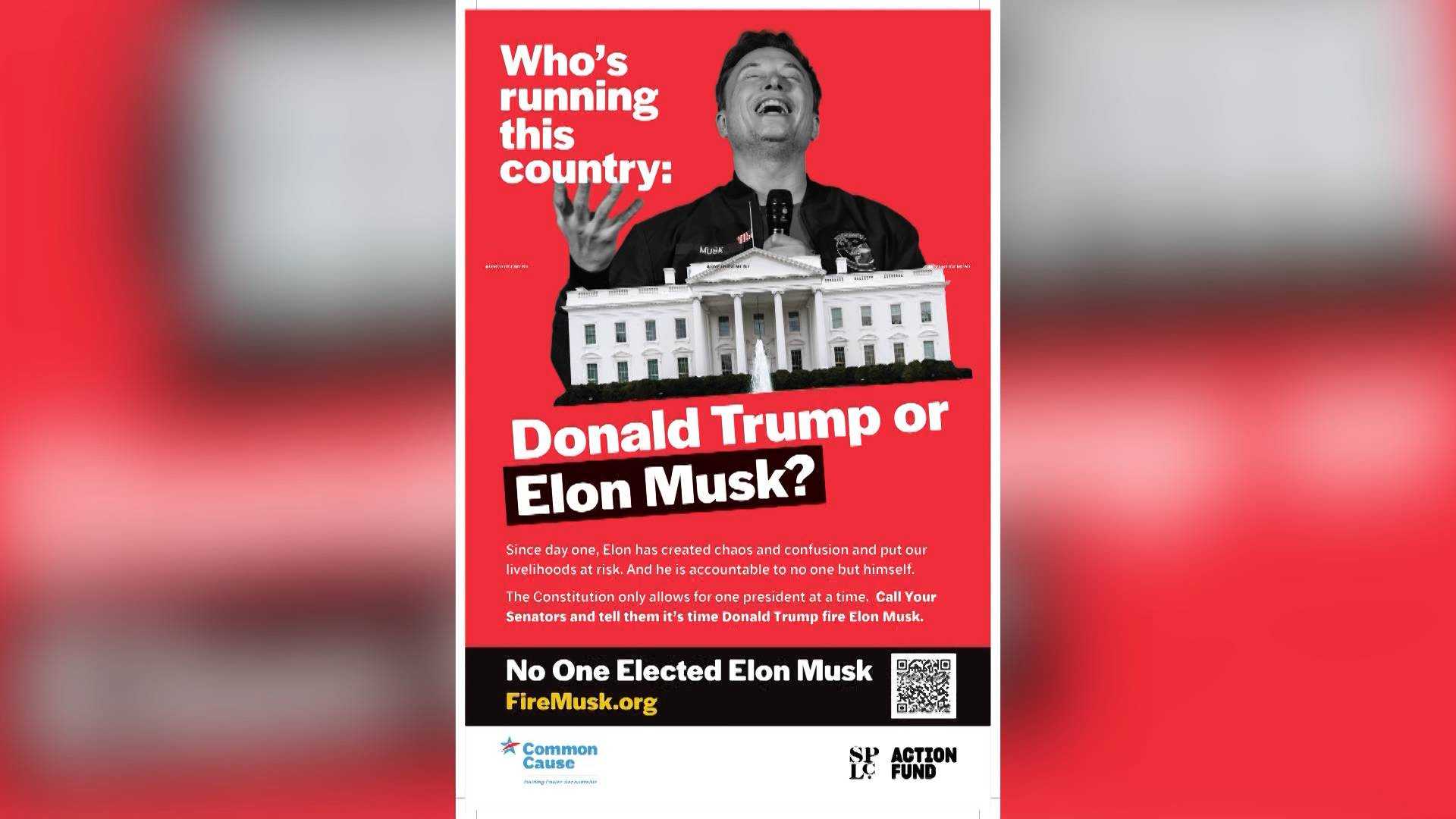News
Washington Post Scraps $115K Ad Criticizing Musk, Sparks Censorship Claims

WASHINGTON, D.C. — The Washington Post has canceled a $115,000 advertisement from advocacy group Common Cause, which called for President Donald Trump to fire influential business figure Elon Musk. The ad was set to cover the front and back pages of the newspaper this week in tandem with a full-page placement inside.
Common Cause, which partnered with the Southern Poverty Law Center Action Fund for this campaign, expressed outrage over the decision. Virginia Kase Solomón, president of Common Cause, stated in a press release, “We are forced to ask ourselves if The Washington Post—a pillar of investigative journalism during Watergate—is unwilling to challenge those in power?”
The controversial ad featured an image of Musk in front of the White House with provocative text questioning, “Who’s running this country: Donald Trump or Elon Musk?” The ad urged readers to contact their senators about removing Musk from a position of power, claiming that “The Constitution only allows for one president at a time.”
After submitting the ad to The Washington Post’s advertising department, Common Cause was initially given indications that it would run. However, a Post spokesperson later stated that the publication reserves the right to reject any advertisement, leading to further questions about censorship.
In reaction to the rejection, Solomón expressed concerns about corporate influence over the press under the ownership of Jeff Bezos. “Under Jeff Bezos’ ownership, concerns about corporate influence over the press have only grown, and this decision raises serious questions about the paper’s independence,” she noted.
The planned ad was intended to be distributed to subscribers at key locations including Congress, the Pentagon, and the White House. However, after being informed that only the inside ad would be accepted, Common Cause refused the offer, signaling doubts about the publication’s commitment to free expression.
Adding to the controversy are social media reactions, where users allege that The Washington Post’s decision represents a capitulation to Trump. Pulitzer Prize-winning journalist Mike Stanton remarked, “Democracy dies on the cutting room floor,” referencing The Washington Post’s motto, “Democracy Dies in Darkness.”
The decision arrives amid heightened scrutiny of Musk’s influence over federal matters, particularly through his involvement with the Department of Government Efficiency, established by his team. Common Cause launched its “Fire Elon Musk” campaign earlier this month citing concerns about Musk’s growing power.
Following the incident, the company’s advertising policy and its implications on regional press were called into question. Advocacy for transparency remains prominent as public discourse increases about the intersection of media ownership and journalistic integrity.












